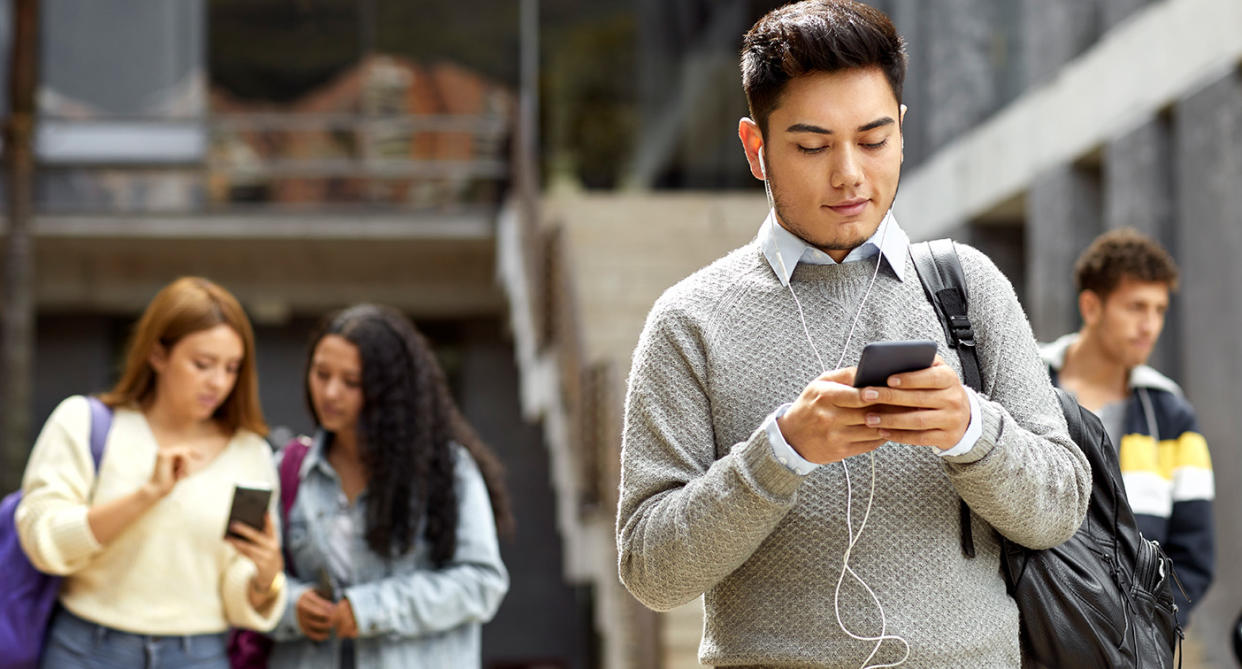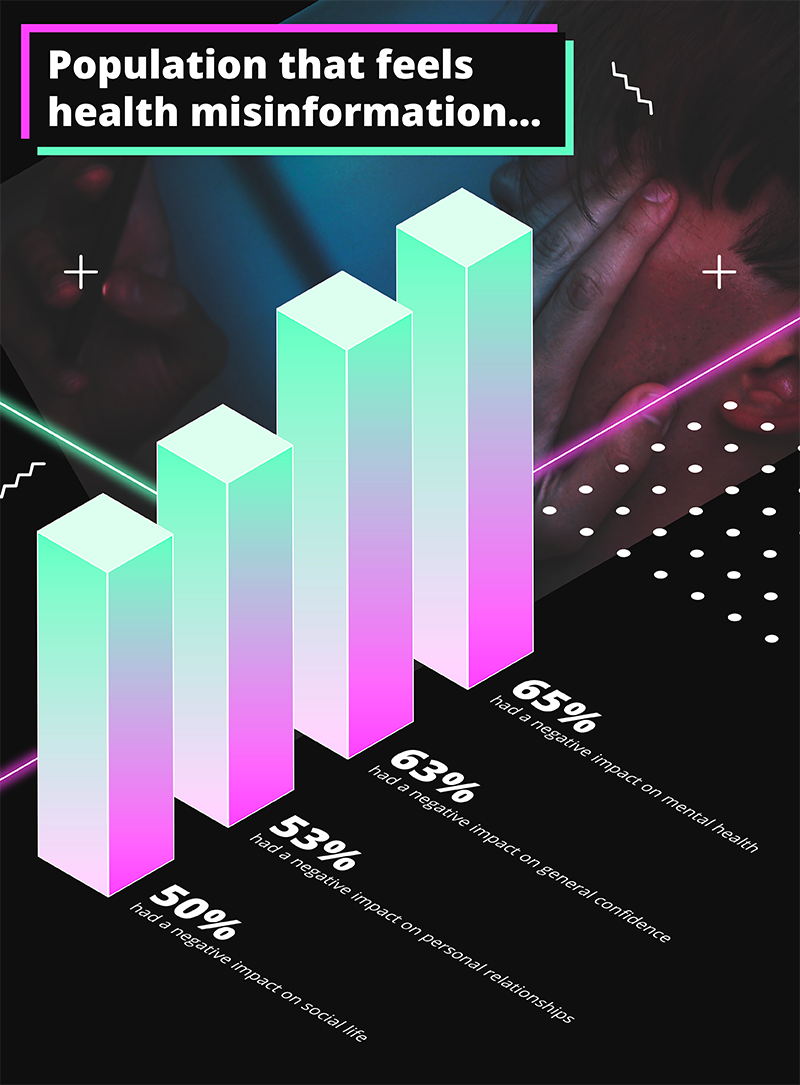43% of UK learnt more about sex from TikTok than school, new study reveals

Nearly half of Brits learn more about sex from TikTok than they do in school, a new survey reveals.
Specifically, some 43% feel they have sourced more of their information on sexual health from the user-submitted video platform than from both primary and secondary education.
A further 42% believe TikTok is the most accessible platform for health-related content, according to the new Superdrug Online Doctor survey of 2,000 UK-based social media users.
Overall, as many as 80% of Brits consume their sex and wellbeing advice via social media.

For the younger age groups, sex education via TikTok is even more prevalent – 55% of 16-24-year-olds agree they've learnt more about sex on TikTok compared to an average of 29% across the older age groups surveyed (25-55+). It's evident that younger generations are increasingly turning to social platforms for 'reliable' health information.
Interestingly, men generally are also twice as likely as women to use social media as their first port of call for health-related insight, but worryingly 38% of them are more inclined to take advice which has then turned out to be inaccurate.
Read more: Why TikTok users are appalled by new Bold Glamour filter

With more people naturally believing the content they view is accurate (43%) than believing it's inaccurate (23%), over half have taken action for their health as a result of a post they've seen.
This can have a positive impact, like checking in on your sexual health or booking a doctor's appointment, but it could also result in something more damaging.
Overall, 59% of respondents have seen untrue or misleading health information on TikTok, leading to a range of consequences – from people inaccurately self-diagnosing to experiencing needless anxiety due to viral videos spreading like wildfire and a lack of professional knowledge.
More specifically, consuming this kind of content was found to have a negative impact on mental health (65%), general confidence (63%), personal relationships (53%) and social life (50%).

For example, one young social media user from London told Superdrug Online Doctor, “After noticing some irregularities in my vaginal health, I took to TikTok to see what these symptoms might mean and came away convinced that I had chlamydia.
"As I had not had unprotected sex in ages, I assumed I'd this STI for at least six months (a time period that can negatively impact women’s fertility). I was distraught, confused and scared. I was so convinced I went to a GP who informed me I simply had thrush – a really common yeast infection.
"If I had consulted my GP first instead of jumping on social media I could have saved myself a lot of sleepless nights.”
Read more: The TikTok trend where women call out #GymCreeps
Watch: 'A band-aid on a serious wound': Critics slam TikTok for rolling out time limits for teens
As many as one in five Brits turn to online 'sources' before looking at official NHS resources for information, the study also revealed. So, to help people stay safe, psychologist Smriti Joshi has shared her five top tips on how to avoid being misled by an incorrect piece of health information on social media.
How to spot a misleading social post and check the facts
Remember social media algorithms are created in a way to keep you hooked. It will feed you more of what you are already engaging with, which can stop you finding other options or seeking credible sources of information
Take a critical stance and ask if this is right for you, as an individual and for your lifestyle. Think about the information you receive in context – does it match up with other posts or news you’ve read? Don’t be afraid to go to your GP and ask for their advice.
Always check the source of the information you are accessing. It should be from credible brands and sources like the NHS or a qualified, licensed healthcare professional. Going directly to these websites will help you avoid following misleading posts on social media
If a piece of information looks too amazing, transformational or weird and makes you wonder, think and judge it as critically as you can. If it’s too good to be true, it probably is.
Don’t engage with a piece of information suggesting you take a concoction of herbs or take up a certain challenge leading to a positive physical or mental health outcome just because someone on a social media platform did it. We all have unique bodies and it's best that this advice comes to you from a credible source in an informed way
For any sex and health advice, speak to someone you trust, your local sexual health clinic, or your GP.


